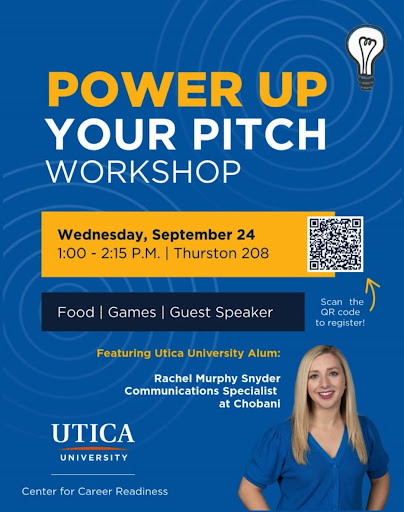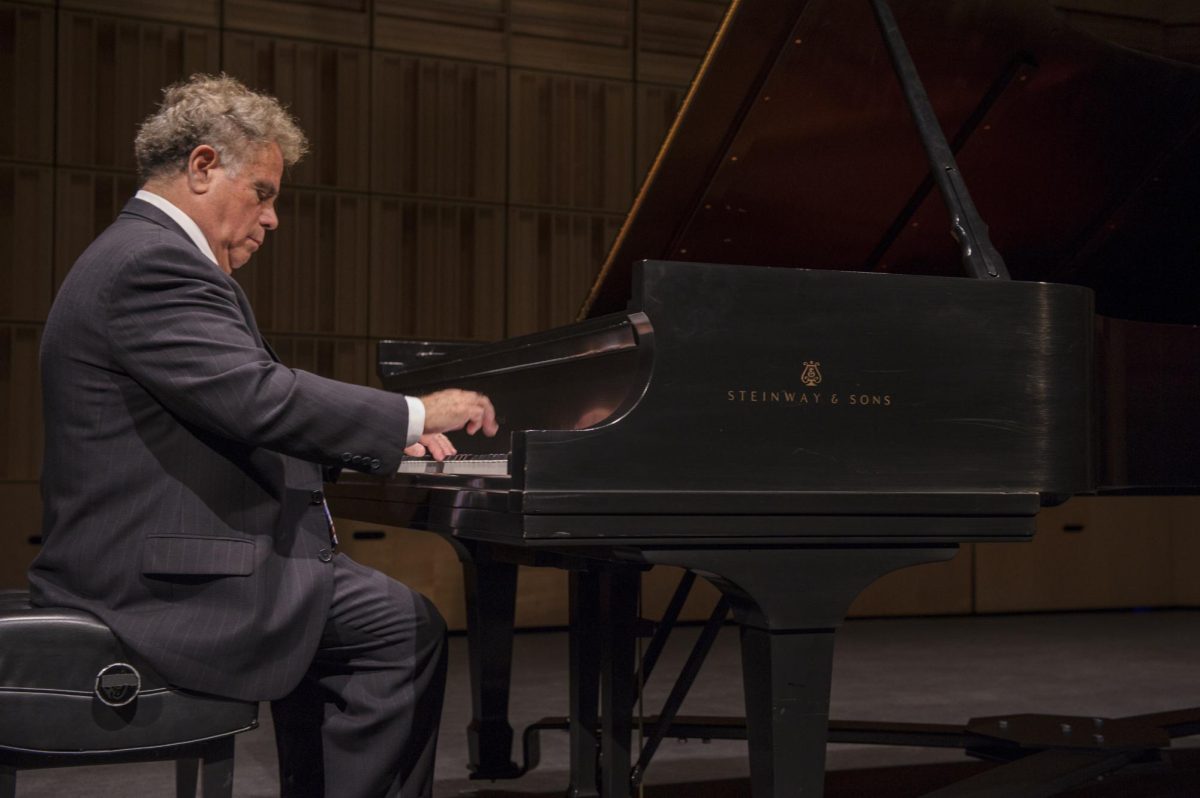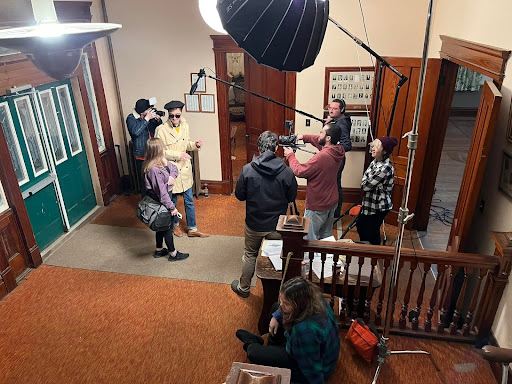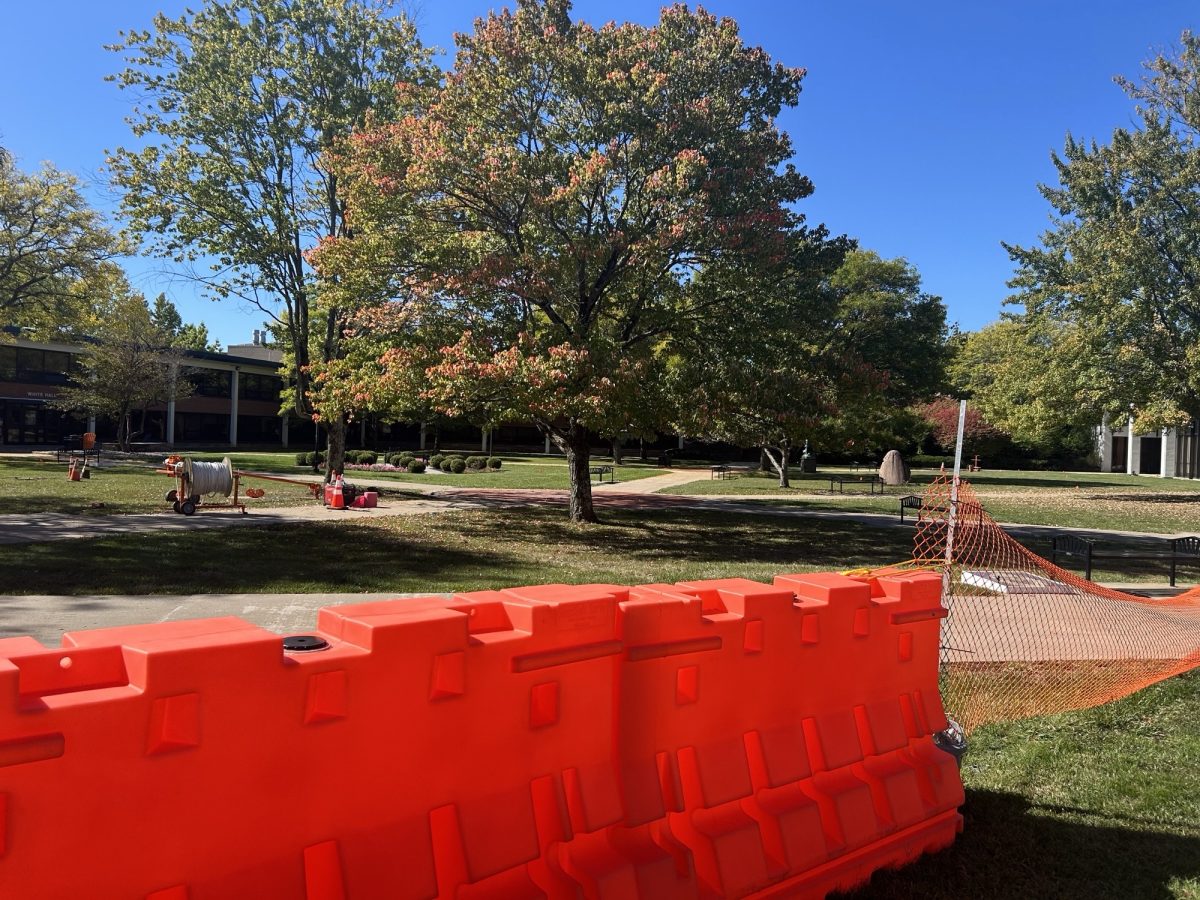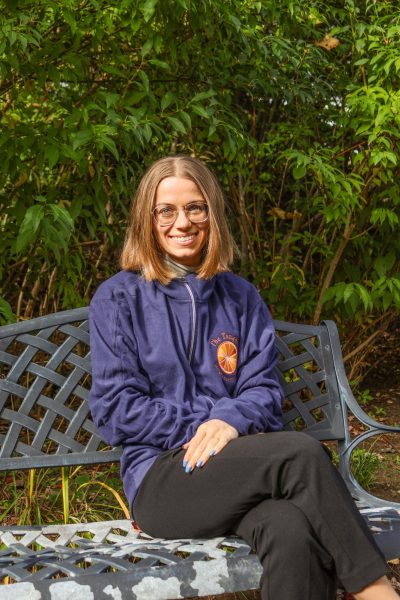Classical music has withstood the test of time. It’s the best there ever was. At least that’s what Jeffrey Siegel says, and it’s the reason that at 80-years-old and after a 55-year piano career, Siegel is still traveling across the country to perform classical music. He put together a program called Keyboard Conversations—concerts with a commentary. At the concerts, each piece from the pianist’s repertoire is prefaced with information on the piece and composer that expands the listening experience of the audience.
Siegel’s practice for these performances began when he was a student in Julliard in the 1950s. Part of his curriculum included performing for schools, music clubs and Rotary clubs and introducing the pieces to be played before a half hour performance.
“The ability to talk about music well is not natural for a musician; it took me a long time to develop it myself,” Siegel told Arizona Jewish Life.
Practice is what prepared Siegel to speak about music but hearing American conductor and composer Leonard Bernstein’s Young People’s Concerts is what inspired him. From the late 1950s to 1972, Bernstien worked with the New York Philharmonic Orchestra and pioneered concert lectures where he shared his love of music with children as a prelude to the performances. Siegel adopted the format for his Keyboard Conversations which began about 55 years ago near his hometown, Chicago.
The program gained such momentum that Bernstien became aware of Siegel’s performances. The two met briefly between practices at a concert hall when Bernstein inquired about the young pianists program and noticed that his motivations mirrored his own. Bernstein approved Siegel’s mission so much so that upon his passing, his friend and biographer Humphrey Burton gave Siegel an unpublished work of Bernstein’s called “Meditations on a Wedding.”
Siegel brought Keyboard Conversations to Munson in Utica nearly 30 years ago, playing three to four shows a year for an audience ranging from avid music lovers to musical novices. Munson’s Director of Performing Arts Bob Mortis said Siegel is a fantastic showman and has developed a core group of followers that come back year after year to watch him perform classical pieces. The perception that classical music is boring is far from the truth, Mortis says. A listener might have heard a piece their entire life in a commercial or playing somewhere in the background, but Siegel explains the piece in a way the listener has never heard in that past. “It’s so fulfilling,” Mortis says. Concertgoers often gain insight on pieces they’re familiar with, he says.
Siegel performs in large concert halls and theaters in big cities across the U.S. but returns to the smallest hall he plays in at Munson because of his devoted audience. Mortis said the audience returns because “the man knows how to build a show.” There is little space between the stage and the audience making meaningful interactions possible, Mortis said. The pianist saves the most challenging piece to play last, ending with the “fanfare and flourish as the piece demands,” he added.
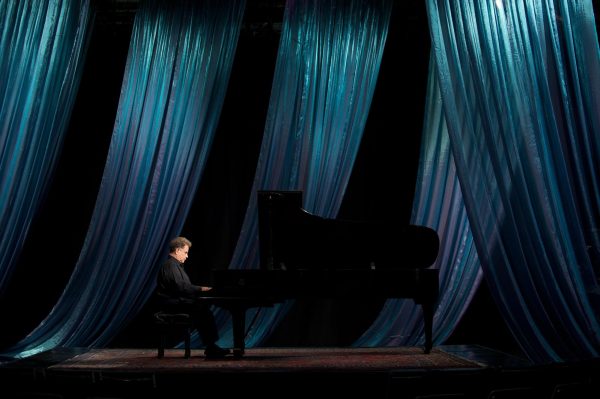
Utica’s audience will have a chance to hear Siegel perform works from two of the greatest composers in the 18th century romantic era in a show titled Chopin and Liszt: Sumptuous Sonorities and Exhilarating Virtuosities.
“There’s not a day that goes by anywhere in the civilized world where the music of these two performers is not being played. Melodies by classical composers are known by people who have never set foot in a concert hall,” Siegel said. “They [Chopin and Liszt] have the gift of writing beautiful melodies and both of them wrote music that is beautifully suited for the piano.”
Prospective classical music listeners have often confided in Siegel, admitting that they know they’re missing something by not having classical music in their lives and could use “a gentle inoculation” of the music, he said. He aims to enhance concert attendees’ listening experience by bringing new life to the music either through a fresh rendition of a classical composition or by connecting the composer’s work to their personal life and sharing how it inspired the piece.
The program’s success proves that Siegel accomplishes his mission with his performances. The pianist spends his lifetime preparing for these concerts, he said. Throughout the years, Siegel accumulated a towering collection of biographies on classical composers and books on the compositions themselves. He spends summers immersed in research, “to find out what I think could make the listening experience even more focused and valuable for the listener when they hear a piece of music.”
Research makes his work as an interpreter more meaningful, he states. Summers are also for practicing pieces he hasn’t played in decades to prepare for upcoming shows. This gives him a fresh perspective and allows him to see more in the composition as an interpreter, he says. “I sometimes find a better way pianistically of handling some of the pieces. In a way, even the old pieces are new.”
The renowned classical pianist says the downside to today’s accessibility of music is the quality of the listening experience. “To really listen to that which we hear is an almost unnatural discipline today,” Siegel says. “I want to take the listener on this journey by bringing the listener into the piece of music so they get more out of it than just sitting there and absorbing the sound.” His intensive research and practice allows him to shine new light onto classical compositions that have survived over a hundred years.
What drives Siegel to travel and play in concert halls across the country for several decades now? In this impersonal age where we talk over computers, Siegel says, the transcendent dimension that music adds to our lives is more necessary now than ever. “We need to be transported, we need to be moved, by something more than sheer noise. What keeps me doing this is what I hope keeps the audience coming back—it feeds them and it feeds me to do these programs. I will continue as long as I can.”
Jeffrey Siegel will perform Keyboard Conversations: Chopin and Liszt on Saturday, March 24, 2024 at 2 p.m. and Keyboard Conversations: Three Great Romantics: Tchaikovsky, Brahms and Grieg on Saturday, May 4, 2024 at 7:30 p.m. Tickets are available for purchase online at munson.art.































































